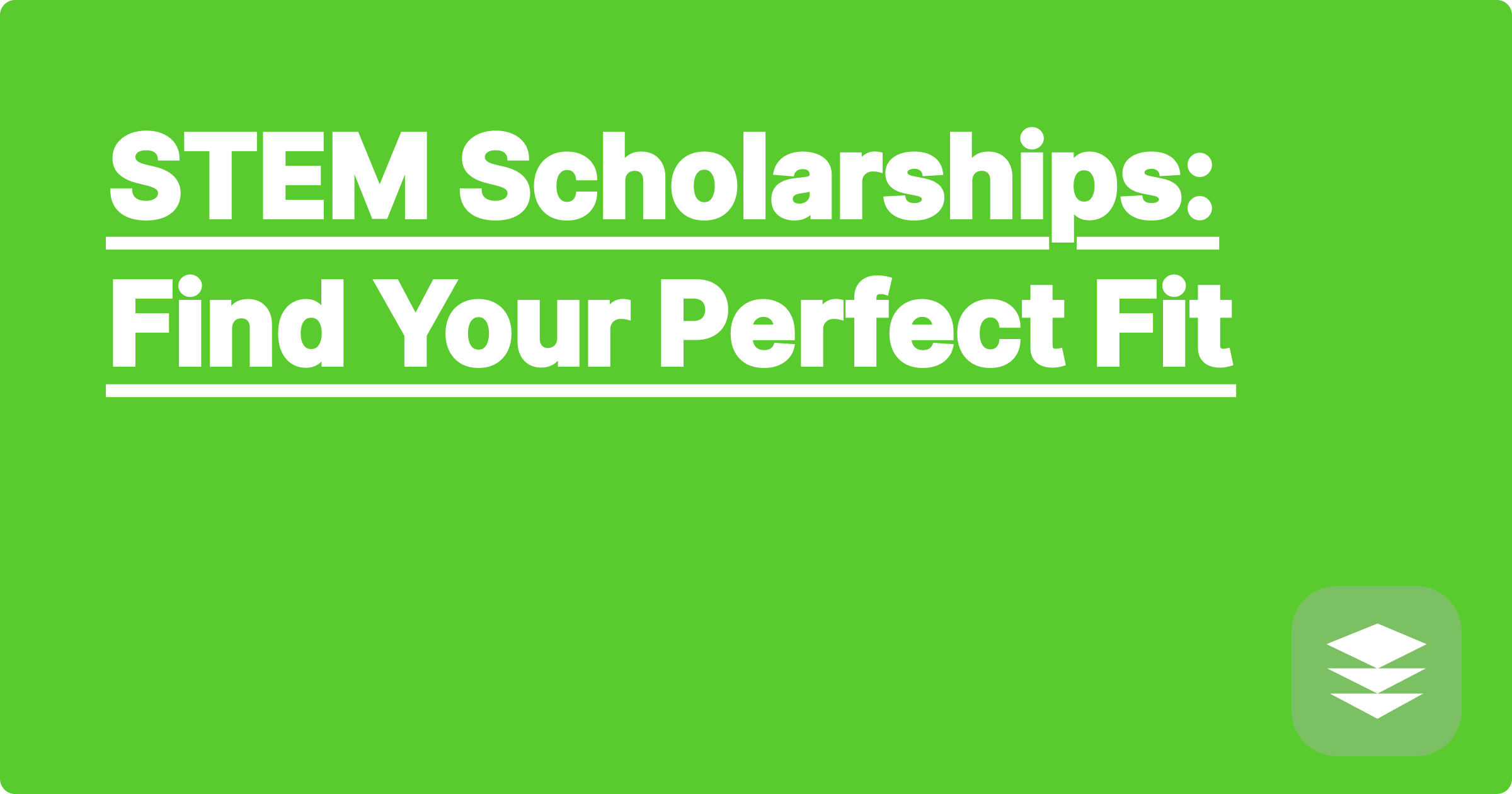
The pursuit of a STEM education and research career is often paved with intellectual curiosity and a drive to innovate. However, the financial burden associated with higher education can present a significant hurdle. Navigating the complex landscape of scholarships, grants, and funding opportunities can feel overwhelming, diverting valuable time and energy away from academic pursuits. Artificial intelligence now offers powerful tools to streamline this process, enabling students and researchers to efficiently identify and secure the financial support they need to thrive in STEM.
This matters deeply for STEM students and researchers because access to funding can be the determining factor in their ability to pursue their chosen fields. Scholarships not only alleviate financial stress but also provide recognition of academic merit and potential, opening doors to further opportunities. By leveraging AI, aspiring scientists and engineers can strategically navigate the scholarship application process, maximizing their chances of success and ultimately contributing to the advancement of scientific knowledge and innovation.
The traditional process of searching for STEM scholarships involves countless hours scouring online databases, university websites, and professional organizations’ resources. This often requires sifting through vast amounts of information, much of which may be irrelevant to the individual's specific circumstances. The criteria for eligibility can vary widely, encompassing academic achievements, research interests, demographic factors, and specific fields of study. Keeping track of deadlines, application requirements, and essay prompts for multiple scholarships can quickly become a logistical nightmare. Furthermore, the competitive nature of these awards means that even highly qualified applicants may face rejection, leading to discouragement and potentially hindering their academic progress.
AI tools like ChatGPT, Claude, and Wolfram Alpha can revolutionize the scholarship search process. These tools can process vast amounts of information, filter results based on specific criteria, and even provide personalized recommendations tailored to the user's profile. By inputting key information such as field of study, academic level, GPA, and research interests, students can quickly identify relevant scholarship opportunities. These AI assistants can also be invaluable in crafting compelling application materials. They can help generate outlines for essays, refine writing style, and even provide feedback on grammar and clarity. Furthermore, AI tools can assist with time management by setting reminders for deadlines and tracking the progress of applications.
Begin by clearly defining your needs and criteria. Think about your specific field of study, academic level, and any demographic factors that might qualify you for specific scholarships. Next, choose an AI tool that suits your preferences. ChatGPT and Claude excel at natural language processing and can provide comprehensive information and personalized recommendations. Wolfram Alpha is particularly useful for data analysis and can help you identify trends in scholarship awards. Input your criteria into the chosen AI tool, being as specific as possible. For instance, instead of simply searching for "STEM scholarships," you might specify "scholarships for undergraduate women in aerospace engineering." Review the results generated by the AI tool, paying close attention to eligibility requirements and deadlines. Use the AI assistant to organize the information, perhaps creating a spreadsheet or document to track each scholarship opportunity. Finally, leverage the AI tool's writing capabilities to craft compelling application materials. Use it to generate outlines, refine your writing, and ensure your essays are clear, concise, and persuasive.
Imagine an undergraduate student studying computer science with a specific interest in artificial intelligence. They could use ChatGPT to search for "scholarships for undergraduate students in AI research." The AI could then provide a list of relevant opportunities, including scholarships offered by specific universities, professional organizations like the Association for Computing Machinery (ACM), and private foundations. The student could further refine their search by specifying their GPA or other relevant criteria. Alternatively, a graduate student researching renewable energy could use Wolfram Alpha to analyze data on scholarship awards in their field. They might discover that certain foundations prioritize research on specific types of renewable energy, allowing them to tailor their applications accordingly. For example, they could discover a trend of increased funding for solar energy research and focus their application materials on their work in that area.
To maximize the effectiveness of AI tools in your scholarship search, be precise and detailed in your queries. The more specific your input, the more relevant the results will be. Don't hesitate to experiment with different AI tools to find the one that best suits your needs. Remember that AI is a tool to assist you, not replace your own critical thinking and judgment. Always verify the information provided by the AI and thoroughly research each scholarship opportunity before applying. Use the AI to enhance your writing, but ensure your voice and personality shine through in your application materials. Finally, don't be discouraged by rejections. Persistence and continuous refinement of your approach are key to success.
To move forward, begin by exploring the AI tools mentioned and experiment with different search strategies. Identify your key criteria and refine your queries to target the most relevant scholarship opportunities. Start crafting your application materials, leveraging AI to enhance your writing and ensure your applications are polished and persuasive. Remember that securing funding for your STEM education is a marathon, not a sprint. By embracing AI as a powerful tool in your arsenal, you can navigate the complex landscape of scholarships effectively and unlock your full potential in your chosen field. Embrace the power of AI, and pave the way for a successful and fulfilling STEM career.
STEM Scholarships: Find Your Perfect Fit
Ace STEM Homework: AI-Powered Help
AI in Labs: Boost Your Research
STEM Exam Prep: AI-Driven Success
Engineering AI: Design Smarter
Solve STEM Problems: AI Assist
Data Analysis: AI-Powered Tools